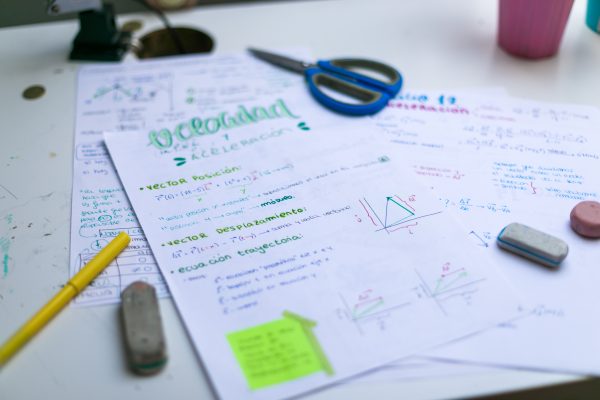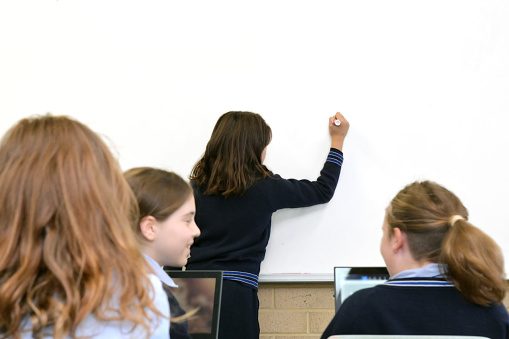Engagement reflects the values of communities and defines what is important in school education. Learning is the process by which knowledge and skills are acquired, involving the comprehension of new information and its absorption into long term memory. C4IE engages in teaching and learning research to inform policy and practice, with the aim of enhancing the learning experiences and outcomes of every student. We seek to identify and understand barriers to access with the aim of developing innovative solutions that will benefit all.
Key research areas in the C4IE Engagement and Learning Program include:
- Interpretations and practices of curriculum, pedagogy, and assessment, nationally and globally
- Increasing the accessibility of assessment and pedagogy to promote engagement and learning
- Systems and structures that support all learners
- Evidence-based approaches to reading instruction and social emotional skill development
- Learning that connects to culture, community, and country
- Curricular justice
- Classroom interactions
Engagement and Learning in C4IE represents a transdisciplinary group of researchers from education, psychology, design and architecture. Education scholars work across Early Childhood, Primary, Secondary and Tertiary education (including Professional Experience) in various disciplines including geography, science, history, TESOL and English, their work spanning rural, remote, regional and metro areas, and international contexts.
Engagement and Learning Program Co-Leaders
Current projects
Recent publications
Common Barriers That Impact Student Learning

 citations on Scopus
citations on Scopus
Conclusion (Or Is It ...?)

 citations on Scopus
citations on Scopus
Teachers Reflecting on Going OK (or Not!)

 citations on Scopus
citations on Scopus
Starting With Success Criteria

 citations on Scopus
citations on Scopus
Accessible Assessment for Learning (AAfL)

 citations on Scopus
citations on Scopus
The Assessment Crucible Effect

 citations on Scopus
citations on Scopus
Student Experience as a Force for Accessibility in Assessment for Learning

 citations on Scopus
citations on Scopus
What Is Accessibility and Why Does It Matter?

 citations on Scopus
citations on Scopus
The Process of Accessible Assessment Redesign

 citations on Scopus
citations on Scopus
Teachers Busting Barriers by Engaging in Accessible Pedagogies

 citations on Scopus
citations on Scopus
Introducing the Accessible Assessment ARC Linkage Project

 citations on Scopus
citations on Scopus
Do Accessible Assessment Task Sheets Work?

 citations on Scopus
citations on Scopus
Understanding Language and Attentional Difficulties

 citations on Scopus
citations on Scopus
Did Teachers' Use of Accessible Pedagogies Make Any Difference to Students?
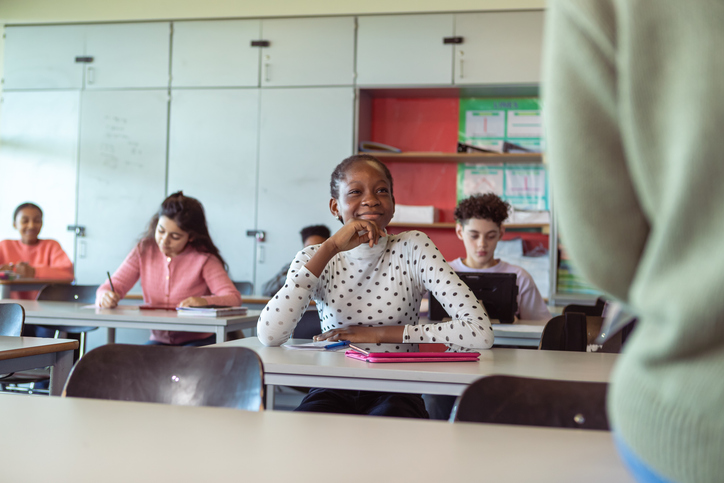
 citations on Scopus
citations on Scopus
Leveraging Accessibility for Whole School Improvement
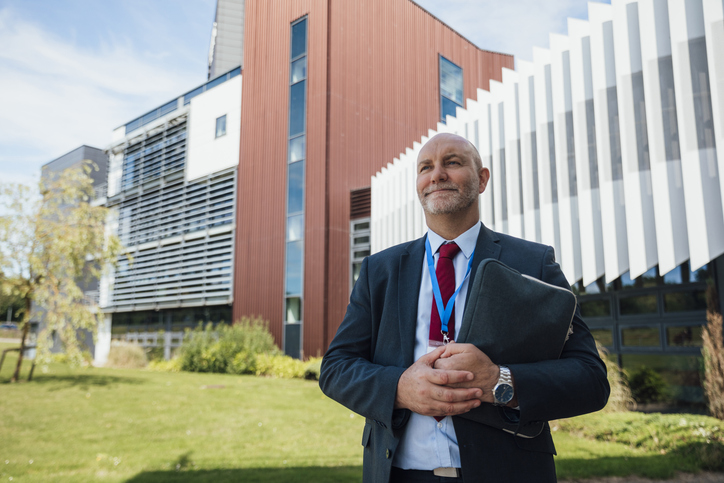
 citations on Scopus
citations on Scopus
Interventions for students with reading difficulties in Grades 4-12: A systematic review and meta-analysis
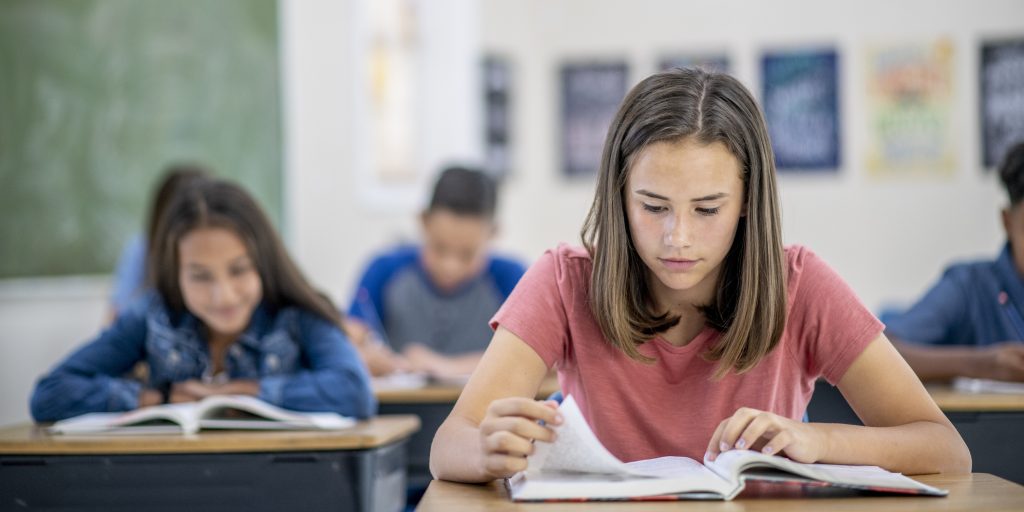
Daily Discourse: Empowering every student in mathematics through Assessment for Learning

 citations on Scopus
citations on Scopus
Involving Families: Lessons from updating Australia's approved learning framework

 citations on Scopus
citations on Scopus
Designing inclusive Assessment for Learning in English Language Arts
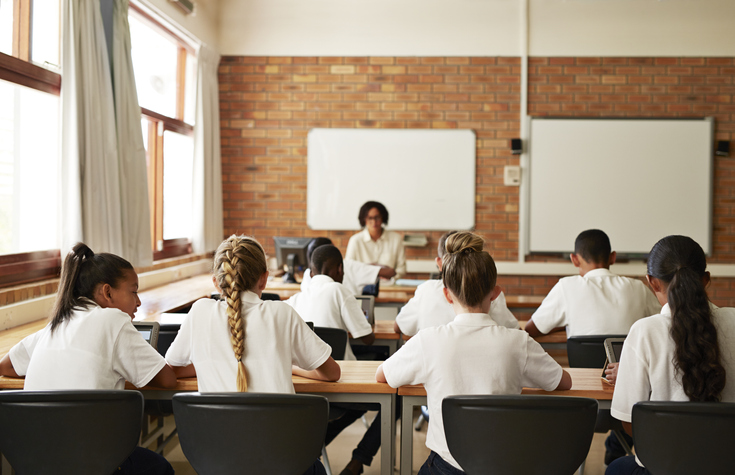
 citations on Scopus
citations on Scopus
Inclusive assessment in action

 citations on Scopus
citations on Scopus
Country, Community, and Indigenous Languages - A Framework Used in an Early Learning Centre in Queensland to Develop Understandings Around First Nations Languages

 citations on Scopus
citations on Scopus
Preparing integrated STEM educators in PNG: the enabling and constraining factors
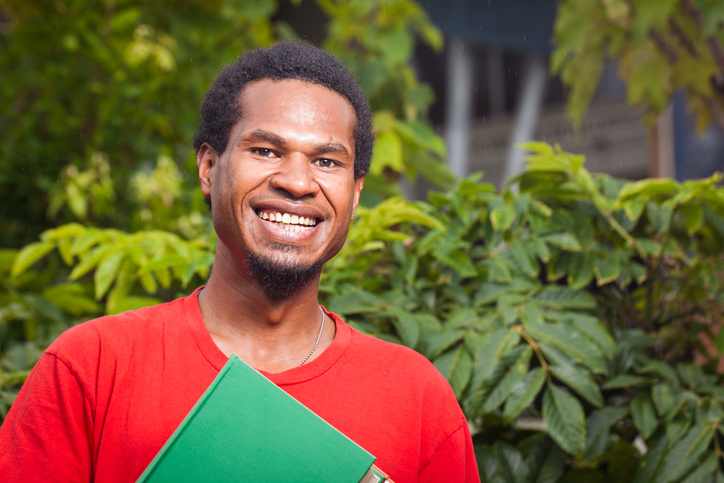
 citations on Scopus
citations on Scopus
What we know about peer interaction and sense of belonging for students from culturally and linguistically diverse migrant and refugee backgrounds

An exploratory evaluation of universal social-emotional learning programs delivered during elementary school to Australian students

 citations on Web of Science
citations on Web of Science citations on Scopus
citations on Scopus
Embodied Stories of Assessment for Learning: How Classroom Spaces Impact Opportunities for Learning and Little Justices

 citations on Web of Science
citations on Web of Science citations on Scopus
citations on Scopus
Perezhivanie and Multilingual Adolescents' Development of School Belonging in Northern Ireland

Designing Inclusive Assessment in Schools: A Guide to Disciplinary and Interdisciplinary Practice
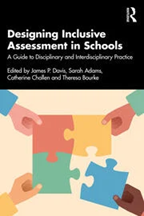
 citations on Scopus
citations on Scopus
Reciprocal relationships among reading and vocabulary over time: a longitudinal study from grade 1 to 5

 citations on Scopus
citations on Scopus
Thriving in vertical schools: aspirations for inclusion and capability from a salutogenic design perspective

 2 citations on Web of Science
2 citations on Web of Science 2 citations on Scopus
2 citations on Scopus
'More group work would be nice': exploring peer interaction and belonging in the first-year experiences of culturally and linguistically diverse migrant and refugee students

 citations on Web of Science
citations on Web of Science citations on Scopus
citations on Scopus
Indigenous higher degree by research students' retention and completion: A scoping review

 citations on Web of Science
citations on Web of Science citations on Scopus
citations on Scopus
La experiencia de vivir y ensenar en una escuela Indígena rural en el Desierto de Atacama: Percepciones de profesores y de la comunidad Atacamena [The experience of living and teaching in a rural Indigenous school in the Atacama Desert: Perceptions of teachers and the Atacameno community]

 citations on Web of Science
citations on Web of Science citations on Scopus
citations on Scopus
Engaging With Children and Young People About Their School Experience: Co-designing a ‘Talking Tree’ Research Tool to Investigate Why School Works for Some Students, but Not Others

Teacher self-efficacy and reform: A systematic literature review

 3 citations on Web of Science
3 citations on Web of Science 4 citations on Scopus
4 citations on Scopus
Accessibility in assessment for learning: sharing criteria for success

 citations on Scopus
citations on Scopus
An experimental investigation of alternative ideas of force in autistic adolescents

 citations on Scopus
citations on Scopus
Stakeholder experience evaluating whole-school practice designed to improve educational outcomes for autistic students

Prioritising students in Assessment for Learning: A scoping review of research on students' classroom experience

How does initial teacher education research frame the challenge of preparing future teachers for student diversity in schools? A systematic review of literature

 16 citations on Web of Science
16 citations on Web of Science 24 citations on Scopus
24 citations on Scopus
Using assistive technology with SRSD to support students on the autism spectrum with persuasive writing

 citations on Scopus
citations on Scopus



